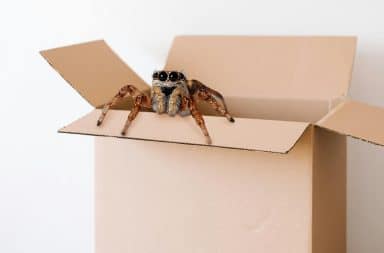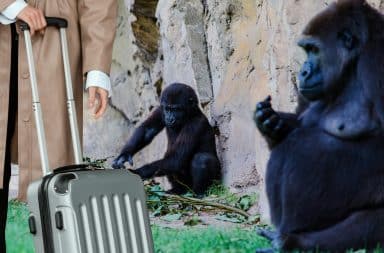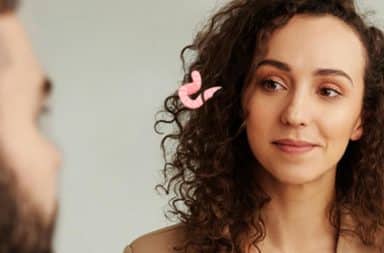First Lecture
Day one of specialized courses on human awkwardness and uncomfortable situations.See more
The domesticated wasp is a criminally underrated pet. Despite its delightful buzz and surprising intelligence, most dismiss the wasp because of its mildly problematic tendency to berserker attack anything that moves. But like dogs, wasps make wonderful additions to the family! A wasp combines the cleverness of a Border Collie, the energy of a Jack Russell Terrier, and the malevolence of a hellhound from the third circle of Dante’s Inferno. It’s like the best of all breeds!
And wasps do wonderfully with kids! (They very effectively set physical boundaries with children.)
Today’s lecture will introduce you to the joys and challenges of owning this conveniently tiny, low maintenance companion.
Wasps are independent, self-sufficient pets. No need for crates, kennels, litter boxes, barriers, collars or leashes. Your wasp will gather creepy residues from the shadows of your home and construct a lair for itself, all on its own. It will hang its Lovecraftian pod in a highly trafficked area, like a living room or kitchen, but you don’t need to worry about accidentally knocking it down. You won’t! Your wasp will protect its domain with the sudden fury of an ancient Mongol horde. You will respect its space.
You can forget about annoying trips to the pet store for food. A wasp is a predator, I think, and it will eat the other bugs in your home. Probably. I'm not entirely sure. Regardless, it will be fine. These adorable insects can somehow sustain themselves in any conditions, as if pure hatred keeps them alive long past the point anything else would have died.
Which also means no more pesky vet bills. In fact, your wasp will refuse to go. Even with three missing legs, a decimated wing, a torn antenna and half its guts outside its exoskeleton, your wasp will call you a pansy for suggesting it, and sputter irritably back to its lair.
As rewarding as it can be, wasp ownership does come with its challenges. The primary issue most new wasp owners deal with is getting stung constantly. Constantly. Often several times a second, like a sewing machine needle. I’ll tell you what I tell them, which is wait. Give your little buddy a chance to acclimate to its new environment, bond to the family a little, and things will change. You won’t get stung any less—in fact, you’ll probably get stung more as your wasp develops a fondness for the sound of your screams—but eventually nerve damage will mitigate a decent portion of the pain.
The second most common issue new wasp owners struggle with is insomnia, resulting from a combination of wasp-themed night terrors and intense, persistent fear of being stung in their sleep. For this I recommend a double dose of Ambien. Sedated properly, you won’t even know you’ve been stung—until you wake up the next morning with blooms of stabbing, excruciating pain on your face (since breathing requires you to keep that part of your body exposed). Well worth it to enjoy some cuddle-times with your best friend!
These inconveniences notwithstanding, the benefits of wasp ownership far exceed the costs. Take it from me! My own little guy, Reginald, has been with me for five months and we’re doing great! We’re inseparable! I’ve lost feeling in the left side of my face, and I now meet the criteria for Generalized Anxiety Disorder, Panic Disorder, Wasp-Specific Phobia and PTSD, but Reginald is having the time of his life.
Here he is now! That stinger to the eyeball means it’s time for our evening game of “sting the human until he passes out!” I’d better start running!


